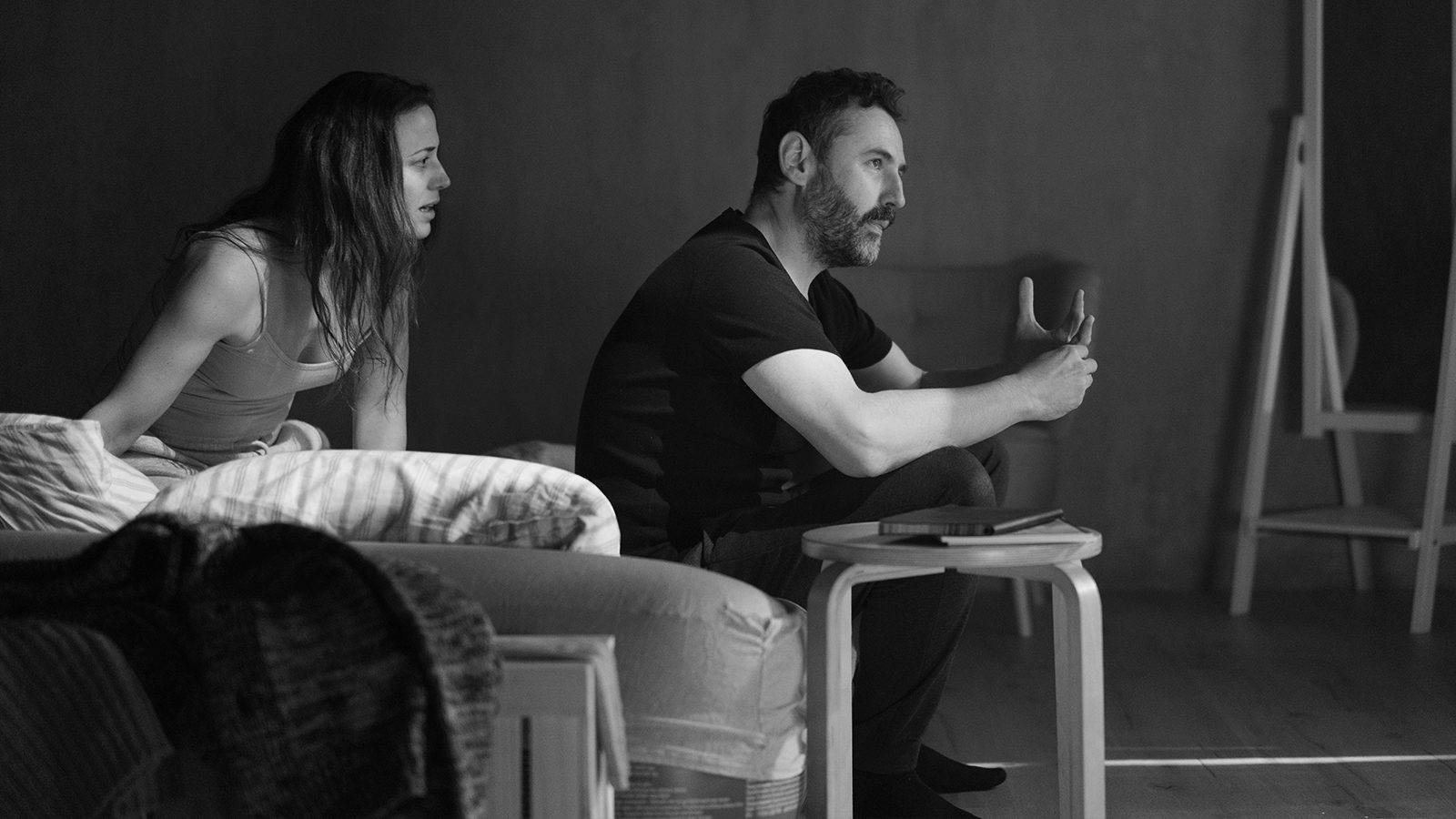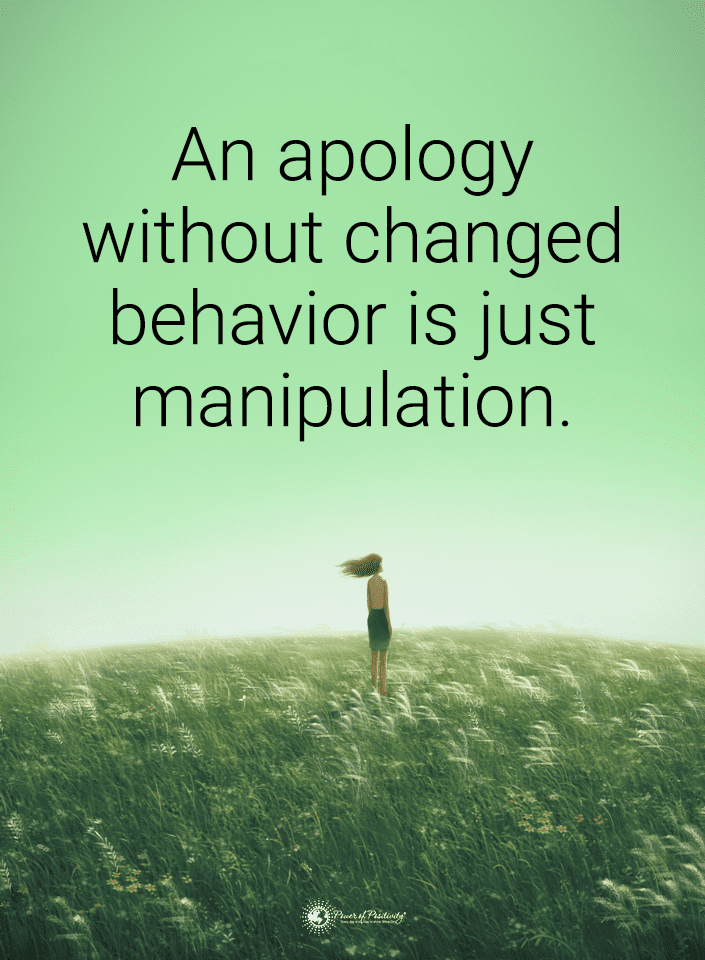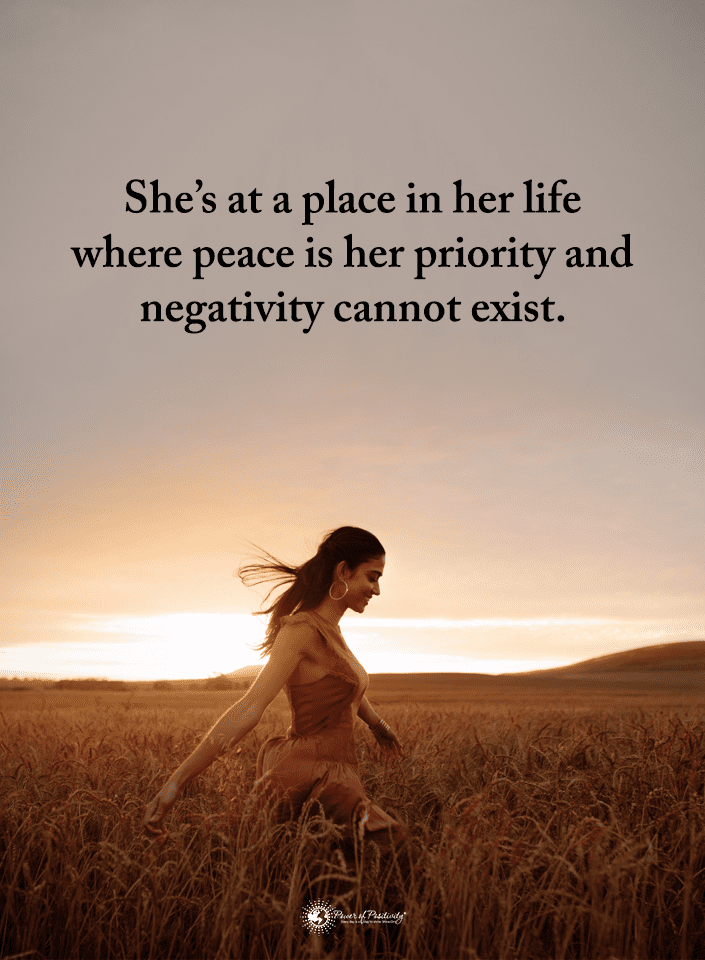Romantic relationships are an exciting part of life. They can be a source of happiness, fulfillment, satisfaction, and motivation. However, sometimes you’ll experience toxic behaviors that you should never accept in a relationship.
Your romance has the potential to be an incredible blessing. It can make you feel more capable and confident while positively influencing your emotional and mental health. A toxic relationship can interfere with these positive aspects and cause frustration, exhaustion, and emotional turmoil.
Being in love often makes us give into things we shouldn’t, harming our self-esteem and confidence. You might think love is enough to keep your romance strong, but that’s not always the case. The toxic behaviors might be subtle, making them harder to identify.
Knowing what to look for can make all the difference as it allows you to give yourself everything you deserve. Identifying the behaviors lets you move and protect yourself. You deserve a relationship full of love, compassion, and respect, and it all starts with walking away from toxicity.
Toxic Behaviors Never to Accept in a Relationship
Before getting to the hidden toxic behaviors, it’s essential to discuss how to know if your relationship might be harmful to your mental health. Comparing your romance to your friends won’t help because the toxic behaviors are often covered up. It’s about repetitive behavior because it can lead to detrimental issues.
1 – Any abuse
Abuse is never okay, and you should walk away after the first indication. Walking away is easier said than done, as many abused choose to stay.
All types of abuse are unhealthy, including:
- emotional
- verbal
- physical
- sexual
Abuse can be physically harmful, or it can be subtle and destroy your self-esteem. The more you tolerate it, the worse it becomes. It can cause you to become dependent on your partner, making it harder to leave.
2 – Gaslighting
When someone makes you question your reality, they’re gaslighting you. The person wants you to wonder about your sanity and experiences to control you. It’s a sign of emotional manipulation, and you shouldn’t let anyone get away with it.
3 – Forcing you to be dependent on them
Sometimes a toxic person will force you to depend on them, making you feel powerless. They might withhold money, access to essential documents, and keep details from you. It causes you to rely on them for everything you want or need.
Toxic romances sometimes involve your significant other saying you can’t work. They want you at home without the resources to leave or do better. Additionally, they might not want you to have a car, and you must rely on them to get anywhere.
If you and your partner decide that one of you staying home is mutually beneficial, it’s a different story. It becomes toxic when only one person holds all control and prevents you from developing.
4 – Control and manipulation
A controlling person tells you what to do, even if you don’t want to do it. They’ll want you to do what they expect without resisting or asking questions. This person often gets angry and last out if you try to speak up about it.
They’ll manipulate you to do what they want by making you feel guilty or love-bombing you. It’s a confusing situation that leaves you feeling you owe your partner whatever they want. Their goal is to have you think and feel the same way they do, allowing no autonomy.
Someone like this will want to decide everything for you. You won’t be allowed to choose anything, including where you’ll eat and spend the holidays. It’s an unfair situation, and you should never accept it.
5 – Arguments are unresolved and turn into personal attacks
Arguments are bound to happen, even in healthy relationships. However, how you and your partner deal with it can tell you all you need to know about the situation. If every argument turns into a personal attack, it might be time to walk away.
You can’t resolve an argument if it turns into an attack every time. It leads to further issues, and the same problems will reoccur. There’s a lack of conflict resolution, potentially causing resentment.
6 – Refusing to discuss the future
If your partner doesn’t talk about your future together, it could signify that they don’t want to think about it. You might want a long-term romance while they won’t discuss the future. It’s a sign that you two want different things.
7 – Holding grudges
If your significant other says they’re over something, they shouldn’t continually bring it up. Your partner must let it go, or it can cause resentment and anger. While it might seem harmless at first, toxic behavior will only worsen.
8 – Isolation
A toxic person will discreetly and slowly isolate you from others. They’ll pretend they’re okay with you spending time with your friends and loved ones, making small changes over a long period. Before you realize what’s happened, you feel disconnected from your support system.
They’ll make excuses about why the two of you can’t attend social events. Sometimes they’ll even go so far as to make other plans knowing you had something else going on. They often talk about how their friends are bad influences or complain that their family makes them uncomfortable.
When you’re with your loved ones, a toxic person might call you and want you to leave. They’ll claim to be sick or need your support while you’re spending time with other people. None of these situations are acceptable, and you don’t have to deal with them.
9 – Infidelity
Cheating is a sign of disrespect and causes a lack of trust. While some couples can overcome and heal from the pain, you should never accept the behavior. It indicates that your partner doesn’t care about your feelings and is only interested in momentary satisfaction.
10 – Not standing up for you
Having a partner means you should always have someone on your side. This person should back you up and stand up for you whenever necessary. If they don’t do this, it causes you to feel alone even when you’re together.
11 – Issuing ultimatums
A toxic person might give you ultimatums to get what they want. When you don’t want to do something, they’ll tell you that you have to or something terrible will happen. There’s no compromise because they won’t give in and will force you to listen to them.
Why People Sometimes Accept Toxic Behaviors in a Relationship
While it’s easy to tell someone to walk away from a toxic situation, it’s not always easy. There are reasons that people stay in these partnerships, including:
- childhood trauma
- insecure attachment style
- being unable to obtain resources
- dependent personality disorder
- trauma bonding
- not realizing what’s happening
- codependency
What to Do if You Experience These Toxic Behaviors in a Relationship
You must stand up for yourself if your partner behaves in toxic ways. You deserve more than feeling bad about yourself and your life. Follow these tips to give yourself a chance again at freedom and happiness.
Identify the issues
Recognizing the problems in your relationship is essential to learning how to overcome them. You must identify what makes you feel bad about your partner’s behavior. Otherwise, you won’t know where to begin or what to do next.
Discuss the problems
Once you’ve identified the issues, you must discuss them with your partner. Don’t hold back, or you won’t find the fulfillment you deserve and desire. Tell them how you feel, and let them voice their concerns.
See if you can compromise
Now that the issues are apparent, you must determine if you can reach a compromise. Discuss whether there’s something you can both do to improve the relationship. You must agree on this, or it won’t resolve the situation.
Set and enforce relationship boundaries
Setting boundaries is one of the best things you can do to protect yourself. Think of what you’re willing to sacrifice and which things you won’t put up with anymore. It might help if you list all the behaviors you won’t tolerate. Don’t forget that your partner should have boundaries, too.
Be honest with yourself about the relationship
Throughout the process, be honest with yourself. Determine if you’re happy enough to try and save your relationship. You also must be honest about whether you’re safe or physically in danger.
Reflect on your willingness to make the situation better. Sometimes you’ll find that you’d be happier walking away altogether. Weigh the pros and cons as you make the choice that’s best for you.
Talk to someone you trust about your relationship
Reach out to your friends and family for support. They’ll listen without judgment and help you through the hard times. You can also seek professional help if you’re not comfortable opening up to those in your personal life.
Final Thoughts on Toxic Behaviors Never to Accept in a Relationship
A toxic relationship affects your mental health and can lead to physical harm. It also interferes with how you view the world around you. Don’t accept toxic behavior in your life because you deserve happiness and respect. Put yourself first and do what it takes to get out of a toxic relationship.





















